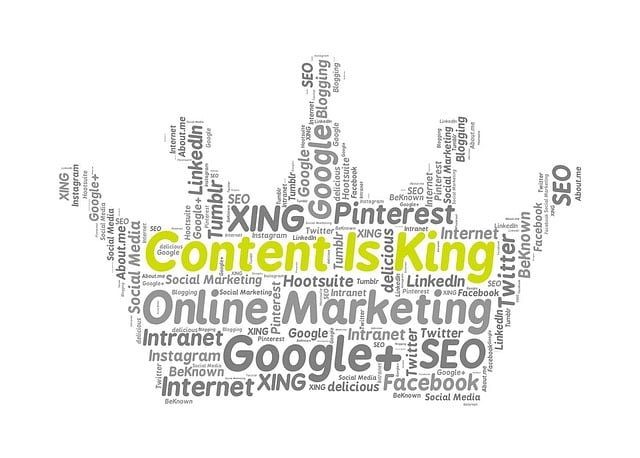AI biometric response tracking to diets is transforming personalized healthcare by leveraging advanced algorithms to analyze biological markers and lifestyle factors, offering insights into dietary responses. This technology enables healthcare professionals to create customized diet plans based on unique biometrics, promoting effective, sustainable, and beneficial nutritional strategies for long-term health. Integrating AI into nutrition assessment allows for dynamic adjustments, minimizing adverse reactions and maximizing well-being through precise, personalized meal plans.
Predictive models are transforming nutrition by enabling long-term impact assessments. This article explores the growing need for these tools, focusing on how AI biometric response tracking can revolutionize diet plans. We delve into the integration of artificial intelligence with individual physiological responses, enhancing nutrition assessment and fostering personalized dietary approaches. By leveraging advanced analytics, healthcare professionals can now offer tailored solutions, optimizing health outcomes and promoting sustainable lifestyles.
- Understanding Long-Term Nutrition Impact: The Need for Predictive Models
- Integrating AI and Biometric Response Tracking into Diet Plans
- Enhancing Nutrition Assessment: AI's Role in Personalized Diets
Understanding Long-Term Nutrition Impact: The Need for Predictive Models

In today’s world, understanding the long-term effects of nutrition is more critical than ever. With the rise of personalized healthcare and diet trends, individuals are seeking tailored approaches to their nutritional needs. However, predicting how specific diets will impact an individual’s health over an extended period remains a complex challenge. This is where AI biometric response tracking to diets plays a pivotal role. By leveraging advanced algorithms, predictive models can analyze vast amounts of data, including biological markers and lifestyle factors, to offer insights into the potential long-term effects of various dietary interventions.
This technology allows for a more precise approach to nutrition planning. For instance, AI models can predict how certain diets might influence metabolic rates, nutrient absorption, or even gut microbiota over time. Such predictions enable healthcare professionals and individuals alike to make informed decisions, ensuring that nutritional strategies are not only effective in the short term but also sustainable and beneficial for overall health in the long run.
Integrating AI and Biometric Response Tracking into Diet Plans

In recent years, integrating Artificial Intelligence (AI) and Biometric Response Tracking into diet plans has emerged as a game-changer in nutrition assessment. AI algorithms can analyze vast datasets to predict individual nutritional responses, enabling personalized dietary recommendations that go beyond one-size-fits-all approaches. By combining this with Biometric Response Tracking—which continuously monitors physiological indicators like heart rate, blood pressure, and metabolism—dietitians gain valuable insights into how individuals process food, digest nutrients, and respond to dietary changes in real-time.
This synergistic combination allows for dynamic adjustments to diet plans, ensuring optimal nutrition outcomes while minimizing the risk of adverse reactions or imbalances. AI-driven models can identify patterns and correlations that might otherwise go unnoticed, leading to more precise and effective interventions. As a result, individuals can enjoy personalized meal plans tailored to their unique biometrics, promoting better health, enhanced well-being, and long-term nutritional impact.
Enhancing Nutrition Assessment: AI's Role in Personalized Diets

AI is transforming nutrition assessment by offering personalized diet plans tailored to an individual’s unique biometrics and lifestyle. Through advanced algorithms, AI analyzes vast datasets including dietary intake, metabolic rates, genetic predispositions, and activity levels to predict optimal nutritional requirements. This precision approach ensures that dieting isn’t a one-size-fits-all strategy but rather customized for maximum effectiveness.
By integrating AI biometric response tracking into diets, individuals can expect more significant and sustainable results. AI systems can continuously monitor progress, adjusting recommendations as needed based on real-time data. This dynamic nature of AI enables personalized nutrition plans that adapt to changing circumstances, ensuring users remain on track with their health goals over the long term.
Predictive models that assess long-term nutrition impact, powered by advancements in AI and biometric response tracking, are transforming personalized diet plans. By understanding individual biochemical responses and leveraging artificial intelligence, these models enable enhanced nutrition assessment, leading to more effective and sustainable dietary approaches. Integrating AI biometric response tracking into diets promises improved health outcomes and a future where nutrition is tailored to meet each person’s unique needs.
